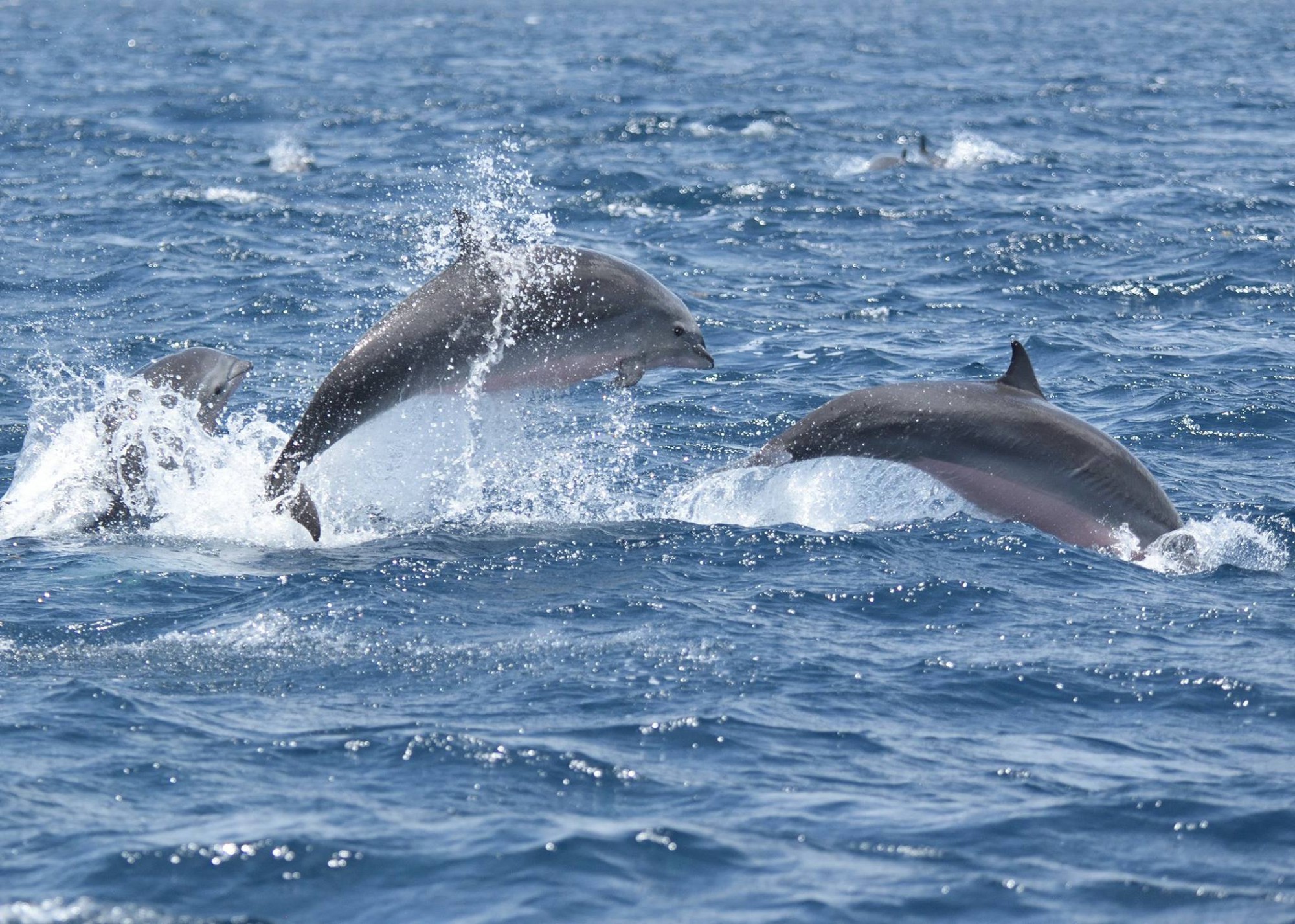Human Activities are Destroying the Dolphins’ Capacity to Communicate Between Them

We keep hearing that climate change is seriously affecting the environment and our lives. The disturbing reality is that we are responsible for the damage, because most of our activities pollute the air, water, food and harm all the other creatures.
Under these conditions, the last thing we want is to hear about other nasty effects of our doings. Unfortunately, a study recently published brings more bad news: the noise caused by humans’ activity affects the dolphins’ ability to talk to each other.
Sea mammals are intelligent and social creatures
It’s no secret that, thanks to their intelligence and social abilities, dolphins have been compared to humans. According to scientists, they communicate through a complex whistle-like array of sounds.
However, differences have been spotted and they were published this week in the Biology Letters journal. It seems that in noisy areas, like Maryland coast, the sounds and calls made by bottlenose dolphins are less complicated when other noises are around.
This means that recreational boats and shipping lanes affect the mammals’ ability to communicate. As a result, their native intelligence won’t do them much good, because the creatures will have difficulties in understanding each other. The situation is comparable to the moments when people try to interact in crowded bars.
The noise is also affecting humpback whales
Helen Bailey, marine biologist at the Centre for Environmental Science at the University of Maryland says that, because of the noise, dolphins have to simplify their calling. Leila Fouda, her assistant, added that the simplified these signals are, the harder it is for the sea mammals to understand each other.
Dolphins are not the only creatures affected by this problem. Another study published this week says that the humpback whales from Japan are facing the same dramatic situation. According to Japanese scientists, the whales from Ogasawara Islands have to reduce their famous songs because of the noise caused by all the ships which cross through their area.
Also, in 2016, they discovered that orcas experience similar issues.
The findings can be considered signals given by nature. If we want to help, the solution is to start looking for ways to prevent the noise around marine creatures. The making of quieter boats would be extremely helpful in this case.
0 comments